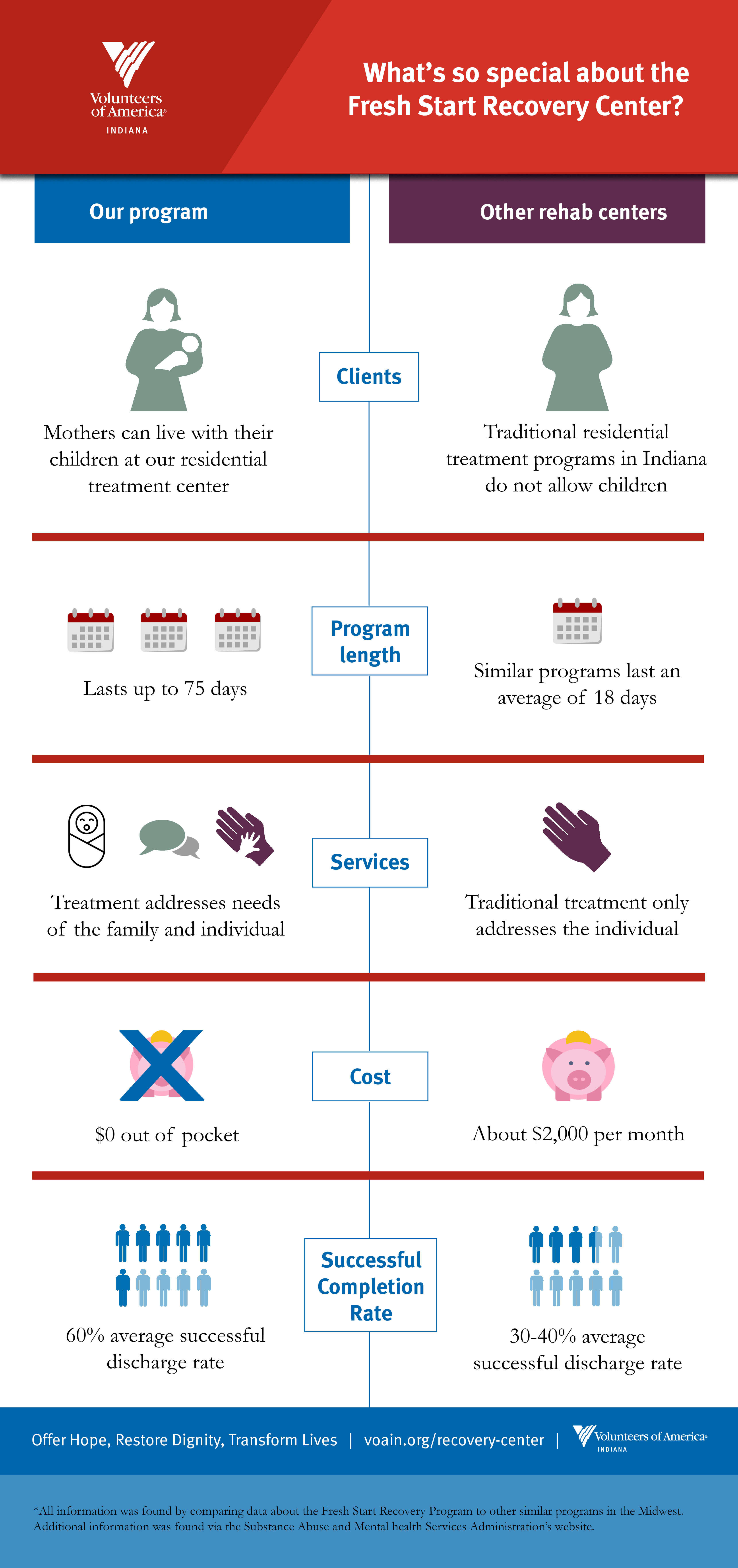Why Aftercare In Drug Rehab Is Vital For Long-Term Recovery. Learn Just How Support Group Can Assist You Remain Sober And Build A Meeting Life
Why Aftercare In Drug Rehab Is Vital For Long-Term Recovery. Learn Just How Support Group Can Assist You Remain Sober And Build A Meeting Life
Blog Article
Composed By-Ennis Ogle
You can not do it alone. Where Do Addictions Come From Muse Treatment Los Angeles from drug dependency requires a strong support system.
The value of aftercare in drug rehab can not be overemphasized. In this write-up, we will certainly discover the duty of counseling, the advantages of therapy, and the foundation supplied by peer support groups in preserving sobriety.
So, get hold of a mug of coffee, unwind, and allow us assist you with the essential steps of post-rehabilitation support.
The Role of Counseling in Aftercare
If you want to preserve your soberness after leaving rehabilitation, it's essential that you proceed taking part in therapy sessions as part of your aftercare plan.
Therapy plays an essential duty in your recovery trip by giving continuous assistance, support, and a risk-free area to share your sensations and issues.
Via therapy, you can deal with any type of underlying issues that may have contributed to your addiction, establish coping approaches, and find out much healthier ways to manage stress and desires.
It enables you to resolve any unsolved feelings and develop a much better understanding of on your own and your triggers.
The Benefits of Therapy in Keeping Sobriety
To maintain your soberness, therapy can provide countless benefits.
- Therapy supplies a risk-free area for you to check out and resolve the underlying concerns that may have added to your addiction.
- It permits you to work through your feelings and develop healthier means of managing stress and activates.
- With therapy, you can gain a much better understanding of yourself and your patterns of behavior, which can help you make favorable changes in your life.
- In addition, therapy provides you with a support group of specialists who are trained to direct and assist you on your journey to recuperation.
- They can offer useful insights, devices, and techniques to aid you browse the obstacles that might develop.
- In therapy, you can learn to establish healthy and balanced coping skills, construct strength, and enhance your overall health.
Peer Support System: A Structure for Lasting Recuperation
You can find enduring healing by actively joining peer support system and connecting with others who share similar experiences and objectives.
https://www.npr.org/2021/08/26/1031220835/california-bill-treatment-addiction provide a safe and non-judgmental room where people in recuperation can integrate to share their struggles, successes, and understandings. By actively participating in these teams, you can receive the assistance and encouragement you need to stay on the path of healing.
Getting in touch with others that've experienced similar experiences can be exceptionally encouraging, as it helps you realize that you aren't alone in your trip. It additionally permits you to gain from others that've successfully overcome similar difficulties. Together, you can celebrate turning points, hold each other answerable, and offer support and advice.
http://glenn66dona.jigsy.com/entries/general/Discover-The-5-Essential-Components-That-Transform-Drug-Dependency-Treatment-Programs-Into-LifeAltering-Experiences-Get-Ready-To-Transform-Your-Understanding-Of-Dependency-Recuperation , you can build a strong support group that will certainly assist you navigate the ups and downs of healing and ultimately find long-term healing and improvement.
Verdict
You have actually discovered the vital role of aftercare in drug rehab. Counseling, treatment, and peer support groups add to lasting recovery. Below's an incredible fact to realize the magnitude of the problem: studies reveal that people who receive aftercare therapy are 50% most likely to keep sobriety contrasted to those who do not.
So, envision the transformative power of these support systems in helping individuals recover their lives and construct a brighter, drug-free future.
